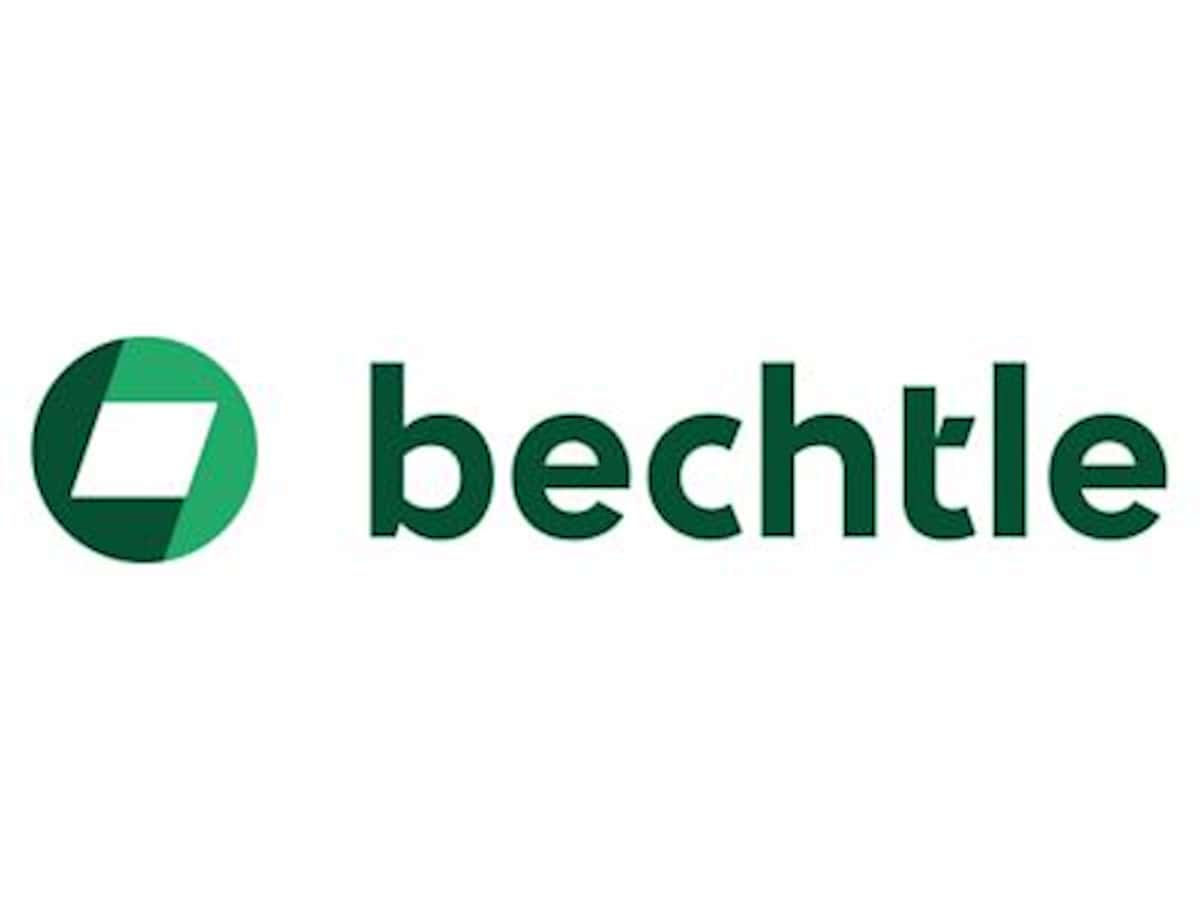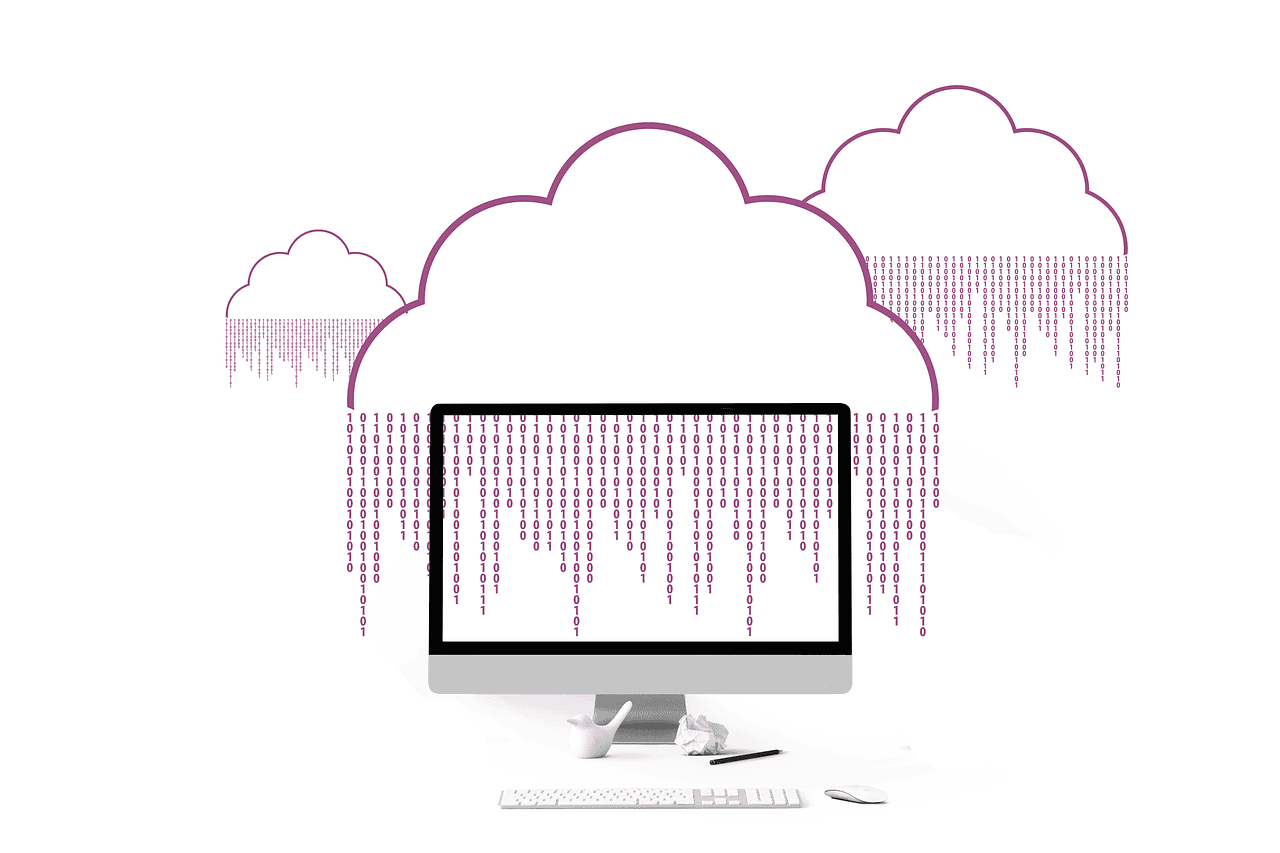
Bechtle’s specially developed software enables the analysis, evaluation and further development of the digital sovereignty of customers from the business and public sectors. The Bechtle Index of Sovereignty focuses on the dimensions of data sovereignty, technological independence and freedom of design. This enables customers to create transparency about any dependencies, identify risks to their self-determination and ability to act and take effective steps to strengthen their sovereignty in the long term.
Digital sovereignty as a design task
“We recognize a growing need for orientation with regard to ensuring sustainably controllable digital infrastructures – in line with European rules, standards and values. As an IT partner to customers of all industries and sizes and a vendor-independent service provider, we have been responsible for developing, integrating and operating robust and future-proof IT architectures for over four decades. We see the Bechtle Index of Sovereignty as a strategic tool to provide our customers with evidence-based and action-oriented support,” says Dr. Martin Kaloudis, Divisional Board Member at Bechtle.
Rollout in the first quarter of 2026
The software tool will be made available from the first quarter of 2026 as part of a sovereignty assessment by the Bechtle IT system houses present throughout Germany. Bechtle’s experts will support the planning, implementation and follow-up of the assessment, including a detailed risk and dependency analysis as well as suggestions for optimizing the IT architecture. “We need to move away from discussions and towards pragmatic action: Digital sovereignty needs concrete implementation concepts for processes, data and technology. The Index of Sovereignty is a sound measurement method for a continuous increase in sovereignty – and sets a new European standard for orientation and progress,” says Dr. Thomas Olemotz, CEO, Bechtle AG.
Principles of freedom of choice, robustness and resilience
Bechtle pursues a holistic, architecture-centric approach in the context of digital sovereignty. This involves the ability to recognize and reduce existing and future dependencies in order to design them in such a way that uninterrupted, controllable and economically efficient operating models are guaranteed.
Three principles are crucial for this:
- Ensuring freedom of choice with regard to technologies from a wide range of providers.
- Robustness of the systems used against disruptions and potential interference by third parties.
- Resilience through conscious alternative strategies, minimized dependencies and feasible exit scenarios.
Digital sovereignty therefore explicitly does not mean technological isolation, but rather the development of resilient overall architectures. It represents a structured state that is characterized by transparency, decision-making ability and options for action in various scenarios. The sovereignty index can therefore also become an integral part of risk management.
– – – – – – – –
Further links
👉 www.bechtle.com
Photo: pixabay




